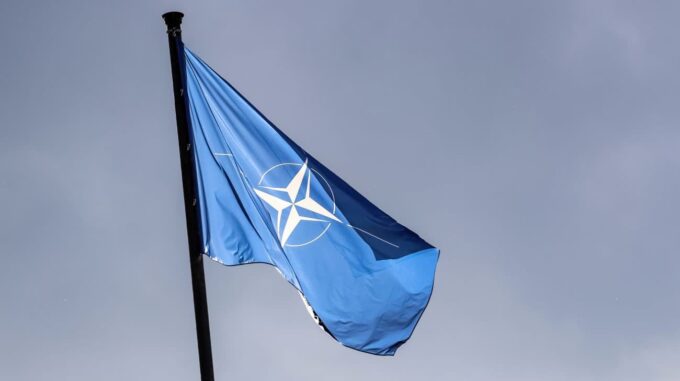Spain remains the last of the large NATO member countries that has yet to commit to the alliance’s goal of spending at least 5% of GDP on defense by 2032

This target was originally set at the initiative of former U.S. President Donald Trump and continues to be the subject of intense debates and pressure from Washington. According to financial newspaper Financial Times, Madrid has still not confirmed its commitments to increase defense spending to the designated level, which poses serious risks to the unity of the entire bloc and the prospects for the upcoming NATO leaders’ summit in The Hague. Meanwhile, in Brussels, on the eve of the key defense ministers’ meeting on June 5, active pressure is being exerted on Spain to secure its support. The negotiations are led by high-ranking officials who, speaking on condition of anonymity, discuss the possible consequences for Europe and regional security if Madrid does not support new defense commitments. All key players understand: their united voice is crucial not only for NATO’s internal cohesion but also for the alliance’s international positioning at future meetings, including the summit in The Hague. The central issue of the discussions is the goal of reaching annual defense expenditures of 3.5% of GDP by 2032, with an additional 1.5% allocated to security-related expenses—such as cyber warfare, infrastructure modernization, counterintelligence, and innovative technologies. Known as the NATO Secretary General’s plan, it envisions a gradual evolution of funding that requires efforts from all allies to increase their military investments. On the other hand, the situation is complicated by Spain’s repeated clarifications that its current target level of defense spending is 2% of GDP, which the country plans to achieve this year. Additionally, Spain is significantly investing in its defense system—around 10 billion euros, which, according to Prime Minister Pedro Sánchez, will allow the country to accelerate toward the 2% goal even earlier—by 2029. At the same time, the government remains cautious about publicly declaring intentions to reach 5%, signaling to NATO and the U.S. that considerations of Spain’s policies and economy need to be taken into account. Currently, Washington and Brussels await Spain’s official position, which remains open before signing any international commitments. U.S. Secretary of Defense Lloyd Austin has already called on Madrid to “join other allies and meet the 5% of GDP target,” but the official Spanish authorities are still holding back, refraining from public comments. Against this backdrop, there is an increasing risk that Spain’s lack of clear support could delay or even block the signing of a unified NATO statement at the summit, which in turn could undermine the alliance’s unity and influence on the global stage. Additionally, further uncertainty regarding financial commitments may complicate cooperation among member countries, reduce trust in defense policies, and diminish the effectiveness of joint actions in the face of external threats. Analysts and diplomatic sources note that the situation surrounding Spain’s defense expenditures has long been a subject of mixed assessments. The prospect of a diplomatic compromise remains open, but one thing is clear—the issue of defense spending and NATO support levels in Europe still contains many unresolved aspects that need to be addressed before the main summits and meetings in the near future.

